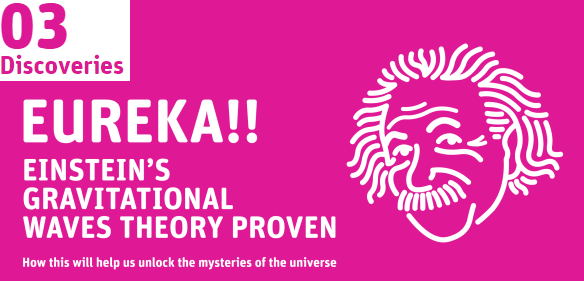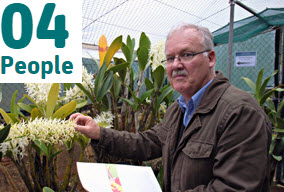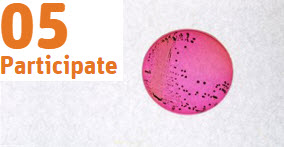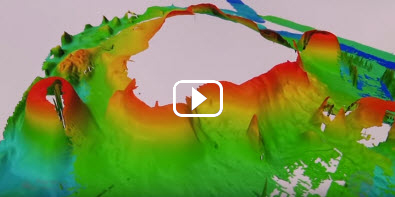02 Research
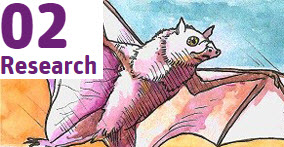
Bat super immunity could help people
Bats are really, really good at carrying disease. From rabies to Ebola to Hendra, our flying friends have evolved the ability to host – but remain unaffected by – dozens of nasty bugs that can spell death for us humans. Thanks to an international research effort we now understand how this ‘super immunity’ works – and that could lead to fundamental changes in how we protect people from infectious diseases. It’s all about the bat, man



